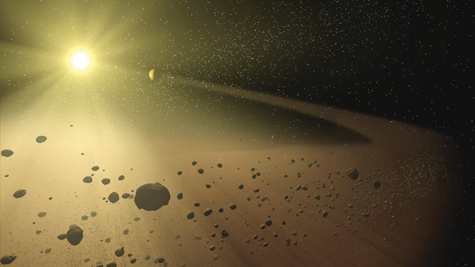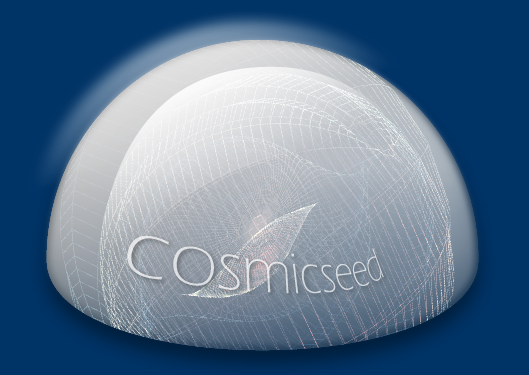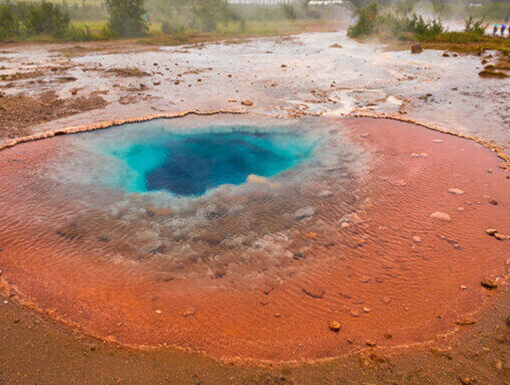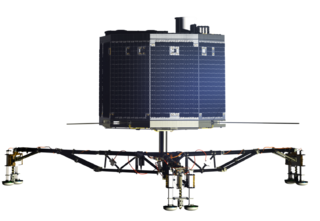by Will Parker
Scientists conducting a series of experiments on the International Space Station say that some micro-organisms can survive for long periods exposed to the hostile environment of outer space. The findings, published in the Astrobiology Journal, lend weight to the concept of panspermia, where life on Earth emerged from bacterial colonies transported on comets and asteroids.
The experiments were designed to see whether bacterial hitchhikers on spacecraft were hardy enough to survive in space and contaminate other planets. Currently, spacecraft landing on Mars or other planets where life might exist must meet requirements for a maximum allowable level of microbial life (known as bioburden). These acceptable levels were based on studies of how various life forms survive exposure to the rigors associated with space travel.
“If you are able to reduce the numbers to acceptable levels, a proxy for cleanliness, the assumption is that the life forms will not survive under harsh space conditions,” explains NASA’s Kasthuri J. Venkateswaran. But that assumption may not hold up, as it seems some microbes are hardier than expected.




